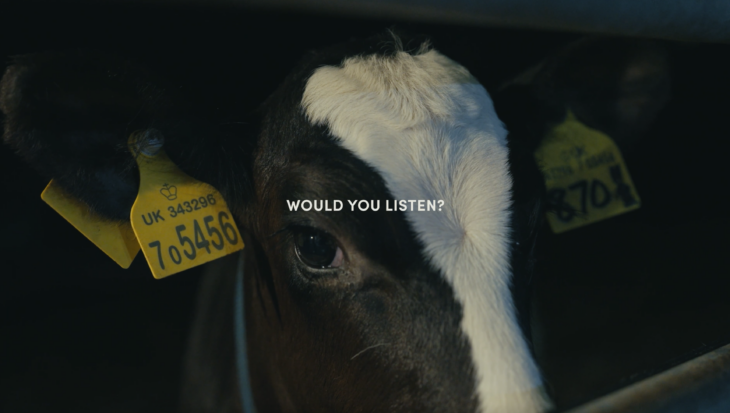Animal Aid has this week sent a new report to 1,000 local authorities right across the country. Titled Alternatives to Culling, it urges councils to seek humane, cost-effective, long-term solutions to complaints relating to wild species, and to encourage residents to do the same.
The 22-page, colour report focuses on foxes, squirrels, rats, mice, pigeons, gulls and geese, and details some simple steps that householders can take should unwanted animals take up residence in their homes or gardens. It is packed with practical advice on how to solve problems and explains why they arose in the first place. For example, did you know that rats in gardens are almost always attracted there by bird feeders? Or that squirrels can be deterred from eating bird nuts by coating the food in chilli, which cannot be detected by birds or cause harm to them?
The report’s author, Helen Ascott, says:
‘Culling wildlife is not only inhumane and unnecessary, it is rarely an effective long-term solution. If councils embark on this route, they often find they are calling pest control companies over and over again because, if the habitat is right, new animals or birds will simply move into the area to replace those individuals killed.
‘I believe that we would all prefer to use humane, non-lethal techniques to solve any problems. And I hope this report encourages councils and local residents to do just that.’
The full report and its accompanying advice sheets can be downloaded fromwww.animalaid.org.uk/go/wildlife. Hard copies can be ordered free of charge from Animal Aid (01732 364546 or info@animalaid.org.uk).
- For more information or to arrange an interview with Helen Ascott, call Ashley Owen on 01732 364546 ext 233.
- Images from the report are available on request.
